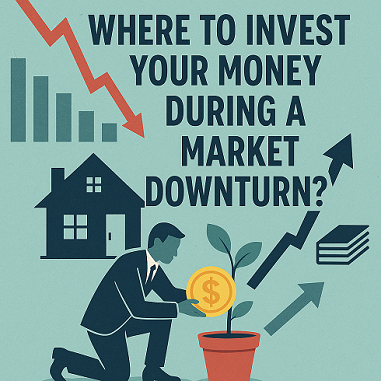
During market downturns or bear markets, investors often seek refuge in defensive stocks, government bonds, and precious metals like gold. Defensive stocks especially in sectors like consumer staples, healthcare, and energy utilities, tend to be less volatile and may maintain their value even when the market declines. Government bonds particularly those issued by the U.S. Treasury, are considered safe investments due to their low risk and the backing of the U.S. government. Gold is also a common choice, as it is often seen as a store of value during times of economic uncertainty.
Defensive Stocks
Consumer Staples
Companies that sell essential goods like food and beverages (e.g., PepsiCo) are less affected by economic downturns as consumers still need these products.
Healthcare
Healthcare companies such as those in the pharmaceutical industry are also considered defensive as healthcare services are generally essential.
Energy Utilities
Energy and utility companies provide essential services like oil, gas, electricity and water, making them relatively stable during economic fluctuations.
Government Bonds
Treasury Bills (T-Bills): Short-term debt securities issued by the U.S. government.
Treasury Notes (T-Notes): Medium-term debt securities issued by the U.S. government.
Treasury Bonds (T-Bonds): Long-term debt securities issued by the U.S. government.
Precious Metals
Gold
Gold is a physical asset that is often seen as a safe haven during economic downturns and a hedge against inflation. Currently gold has surge higher and may be topping out for the time being. On average it is advisable to invest only 5% to 10% of your investable cash into gold. SPDR Gold Shares (GLD) is a popular ETF for gaining exposure to gold.
Other Considerations
Diversification
It’s important to diversify your portfolio to reduce risk, including holding a mix of stocks, bonds, and other assets.
Long-Term Perspective and Buying Stocks at a Discount
Bear markets are temporary, and stocks can recover so start making a list of leading stocks now you wish to buy later on when the market bottoms out and stabilizes.
Financial Advisor
Consulting with a financial advisor can help you create a portfolio that meets your individual needs and risk tolerance.

